Enquire Now


Our Mission: Our mission at Grow Indigo is to empower smallholder farmers with scientifically-backed knowledge and resources, paving the way for a greener and more sustainable tomorrow.

What Sets us Apart: Recognizing the challenges of transitioning from age-old farming traditions, we stand shoulder to shoulder with our farmers at Grow Indigo. We wholeheartedly believe in their potential to emerge as climate champions.

Our Collaborative Approach: In collaboration with our partner farmers, we provide unwavering support, expert guidance, and introduce innovative farming techniques. Our approach not only reduces greenhouse gas emissions but also fosters a culture of sustainability.

The Impact: Through collective efforts, we, along with our partner farmers, generate high-quality, independently verified carbon credits. Every small stride towards sustainability taken by our farmers leaves a lasting impact on our planet.
Explore 'Carbon Kaksha' – Your Path to Carbon Farming Wisdom!
At Grow Indigo, we recognize that knowledge is the cornerstone of success in carbon farming. Carbon kaksha was introduced in 2022, a collection of farmer-friendly videos delving into everything from carbon fundamentals to credit systems and markets. Come along on this enlightening journey toward regenerative farming practices.
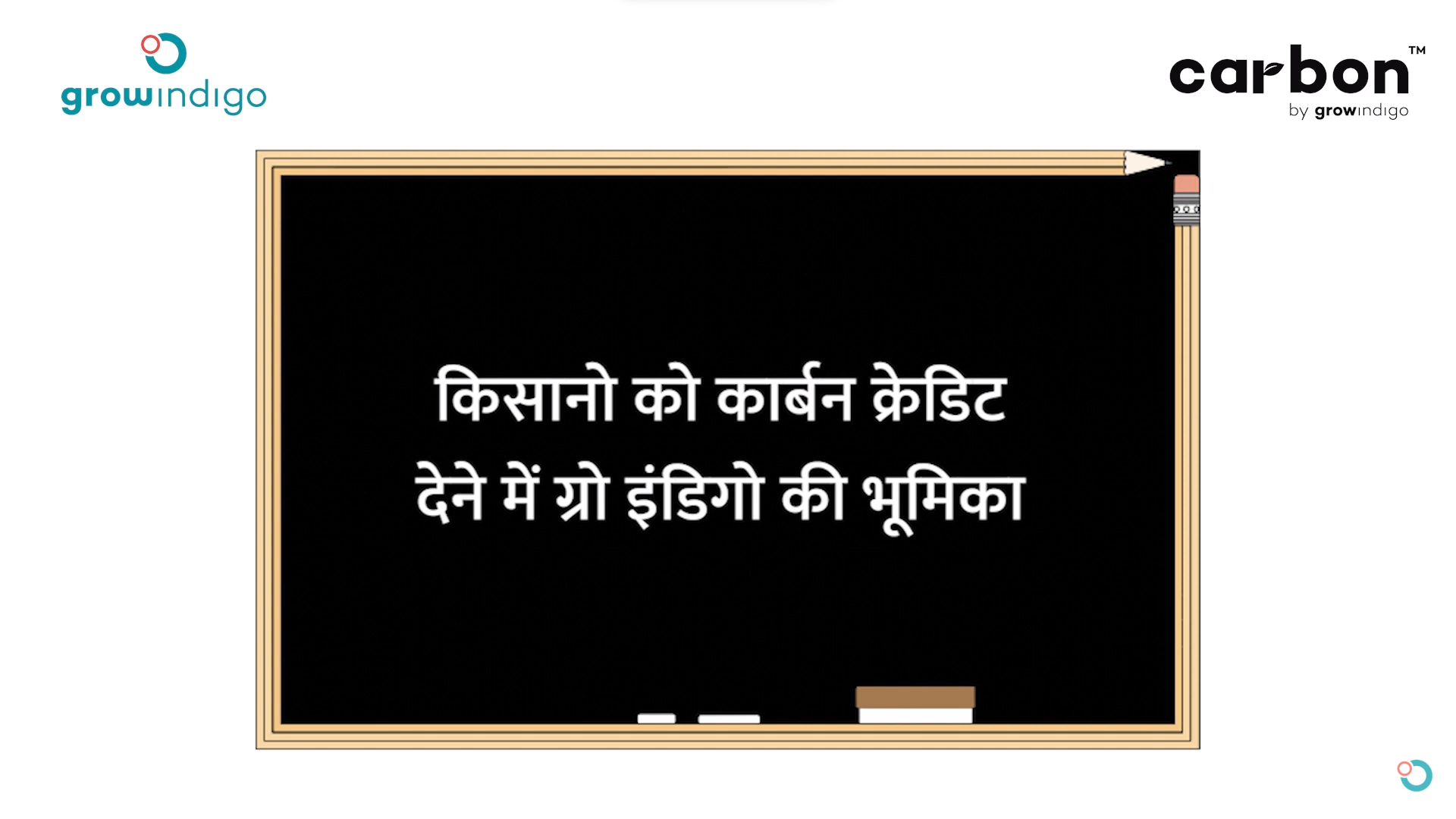
कैसे दिलाएगी ग्रो इंडिगो कार्बन खेती से लाभ?
Watch Now
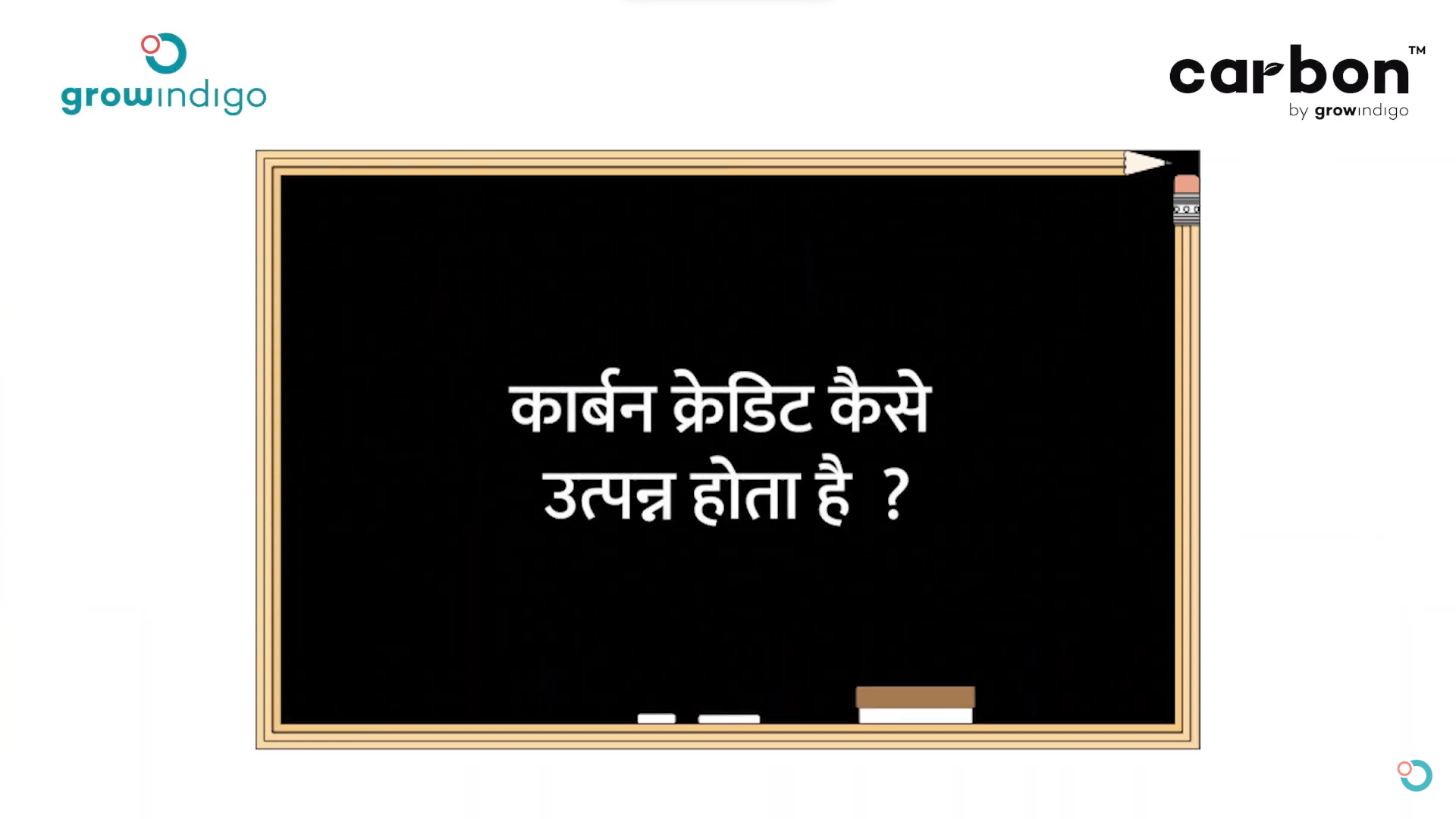
आखिर कैसे मिलता है कार्बन क्रेडिट?
Watch Now
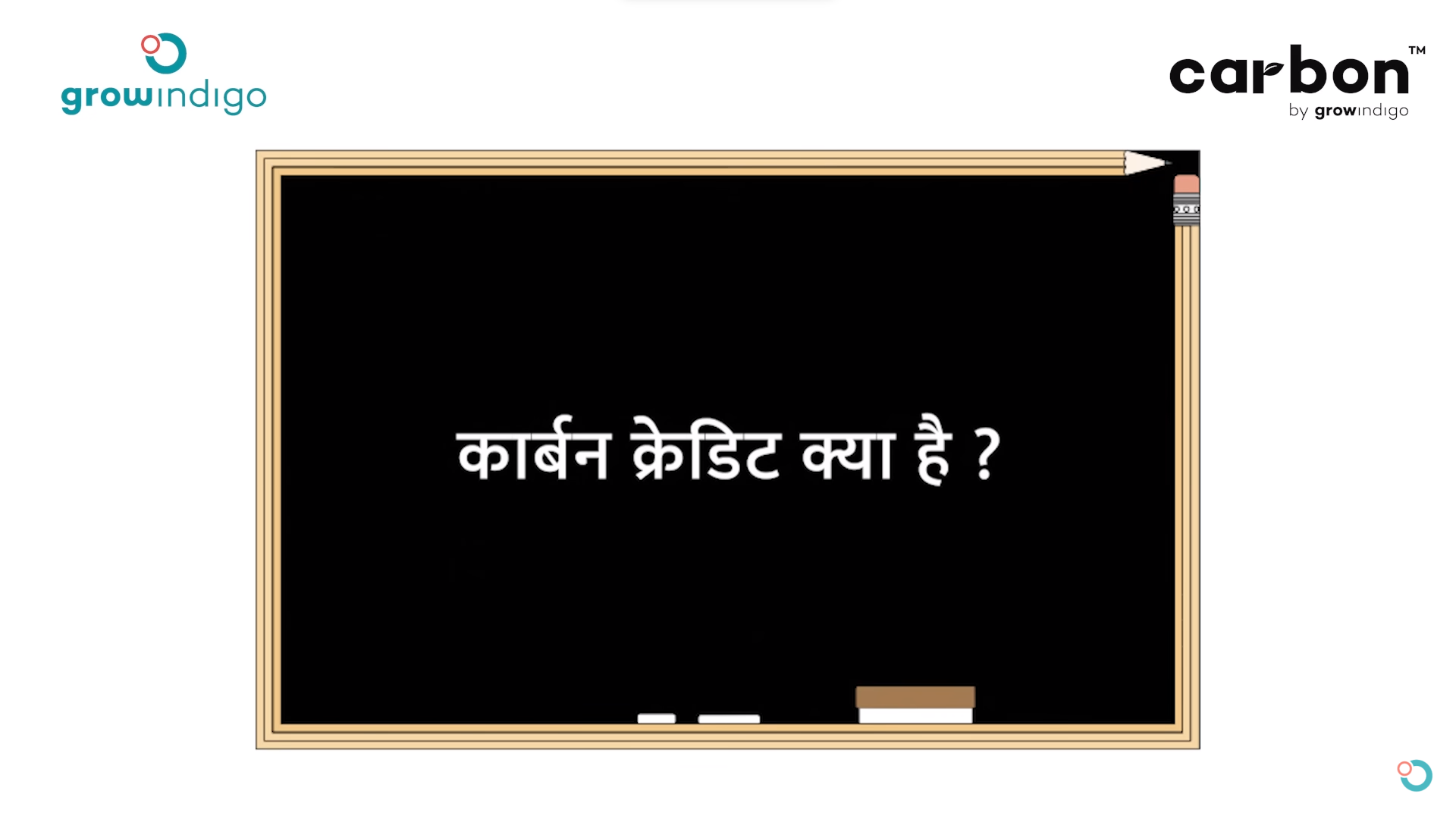
खेती का ये तरीका बनाएगा मालामाल!
Watch Now
Benefits to Farmers

Additional Income

Good Soil Health

Water Use Efficiency
Regenerative agriculture reduces groundwater usage by 20-40%. Water saving ensures a sustainable future for our planet.
Communities Empowered by Carbon Credit Initiatives




Our Partners


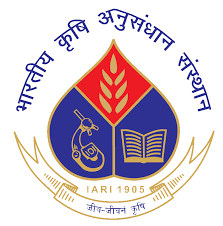
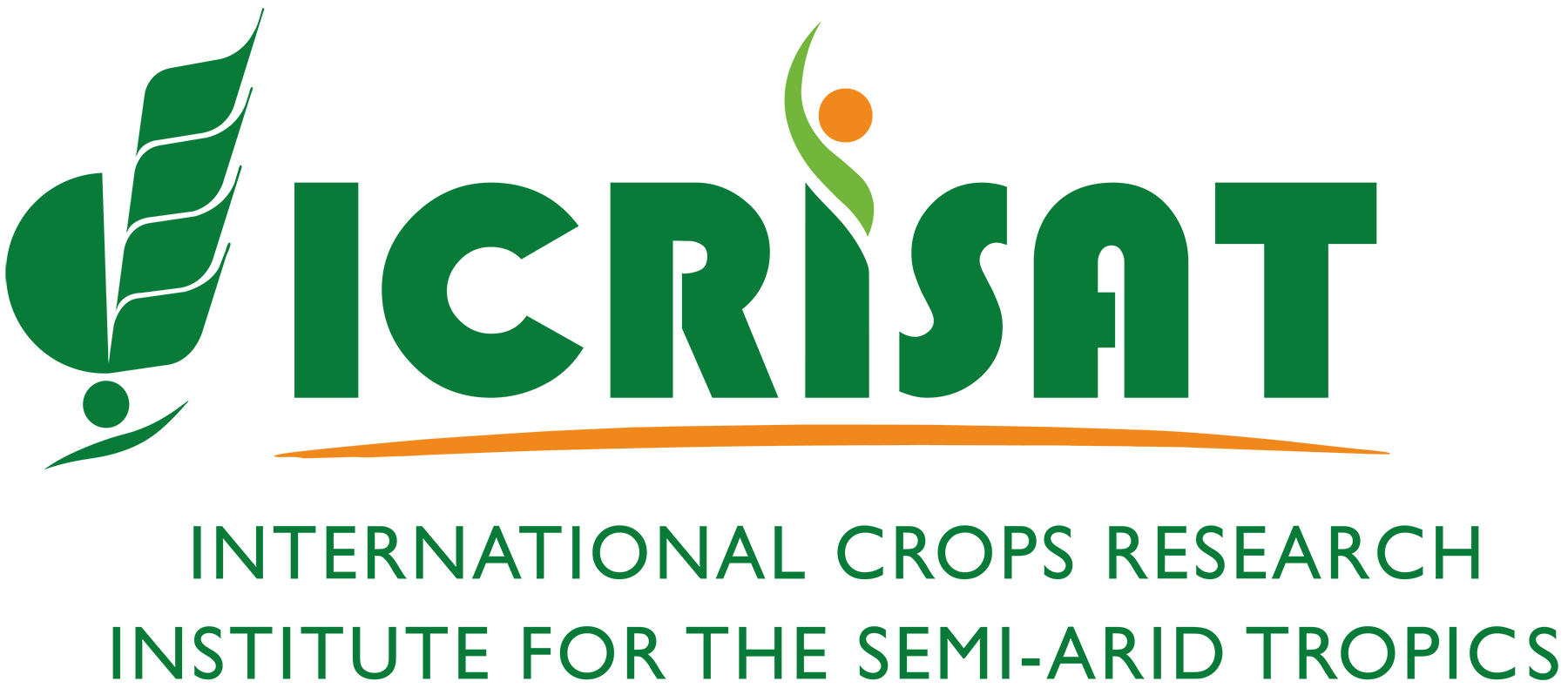
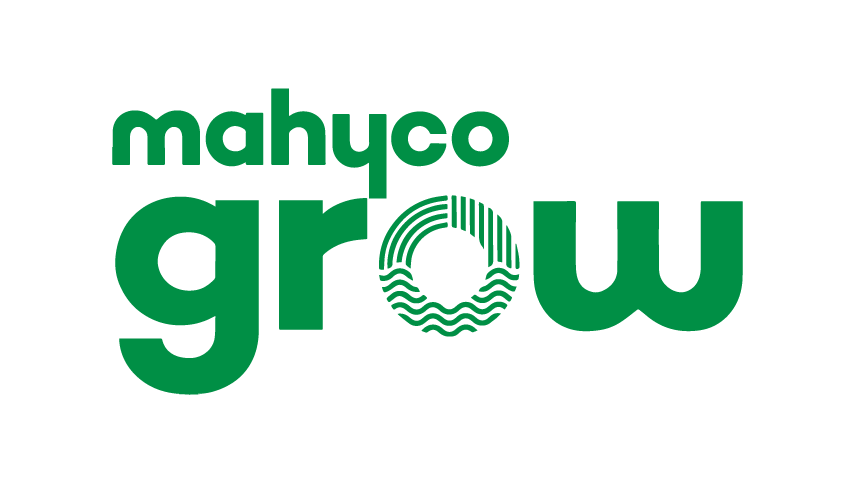
Enroll Yourself for the Carbon Program Today
Contribute to a sustainable future: Earn rewards for environmental stewardship. Enroll today and be part of a global movement towards a greener planet. Your actions count!
Enquire Now
Frequently asked questions
The word ‘Carbon’ in ‘Carbon Markets’ refers to carbon dioxide (CO₂) – the most common greenhouse gas (GHG). Carbon marketplaces enable reducing carbon emissions by paying for a carbon credit that a separate party has sequestered.
A carbon credit is a digital certificate generated after rigorous monitoring and verification of the adopted regenerative practices. Linkage of agriculture to carbon markets can provide a new source of income for farmers who implement such practices that reduce GHG emissions or sequester (retain) carbon. Important buyers of the carbon credits are private firms and NGOs seeking to voluntarily contribute to sustainable development.
The price of carbon credits depends on their quality. A high-quality carbon credit is real, additional, transparent, measurable, and permanent. Rigorous monitoring and verification must also ensure there is no leakage from carbon projects and the credits are not double counted. Additional co-benefits to society and biodiversity also add to the value of carbon credits.
According to standards, the carbon credit generated is to be validated and verified by globally recognized third party agencies.
This program enables farmers to participate in the voluntary carbon markets to earn additional income from adopting regenerative agricultural practices. The program will also provide the farmers with technical information and digital tools to make informed decisions.
Participation in the carbon marketplace is voluntary, but for farmers to benefit they will have to make a commitment for fixed number of years to continue to benefit from Carbon Credit payments.
No. Grow Indigo’s technological innovation allows for small farms to group into a single project, hence delivering the benefits of economies of scale to smallholder farmers. The cost of monitoring is optimized by employing technology and statistical sampling methods.
Voluntary carbon markets pay farmers for carbon credits generated by the adoption of regenerative agricultural practices. All such marketplaces are privately-run schemes. This will be the first program of its kind in India that brings the benefits of a carbon marketplace to smallholder farmers at scale. Without impacting any existing government regulations, this program will provide additional income to participating farmers while also addressing climate change.
Expected outcomes from the program are as follows:
- Improve farm profitability
1. Increase income with Carbon marketplace by increasing the carbon in your soil or reducing GHG emissions
2. Reduce herbicide and fertilizer input costs with more resilient soil
3. Reduce fuel usage from fewer tillage passes - Improve soil health
1. Improve water availability during drought
2. Reduce erosion and retain more nitrogen
- Reduce air pollution
- Halt declining water tables
- Improve environmental and human health
